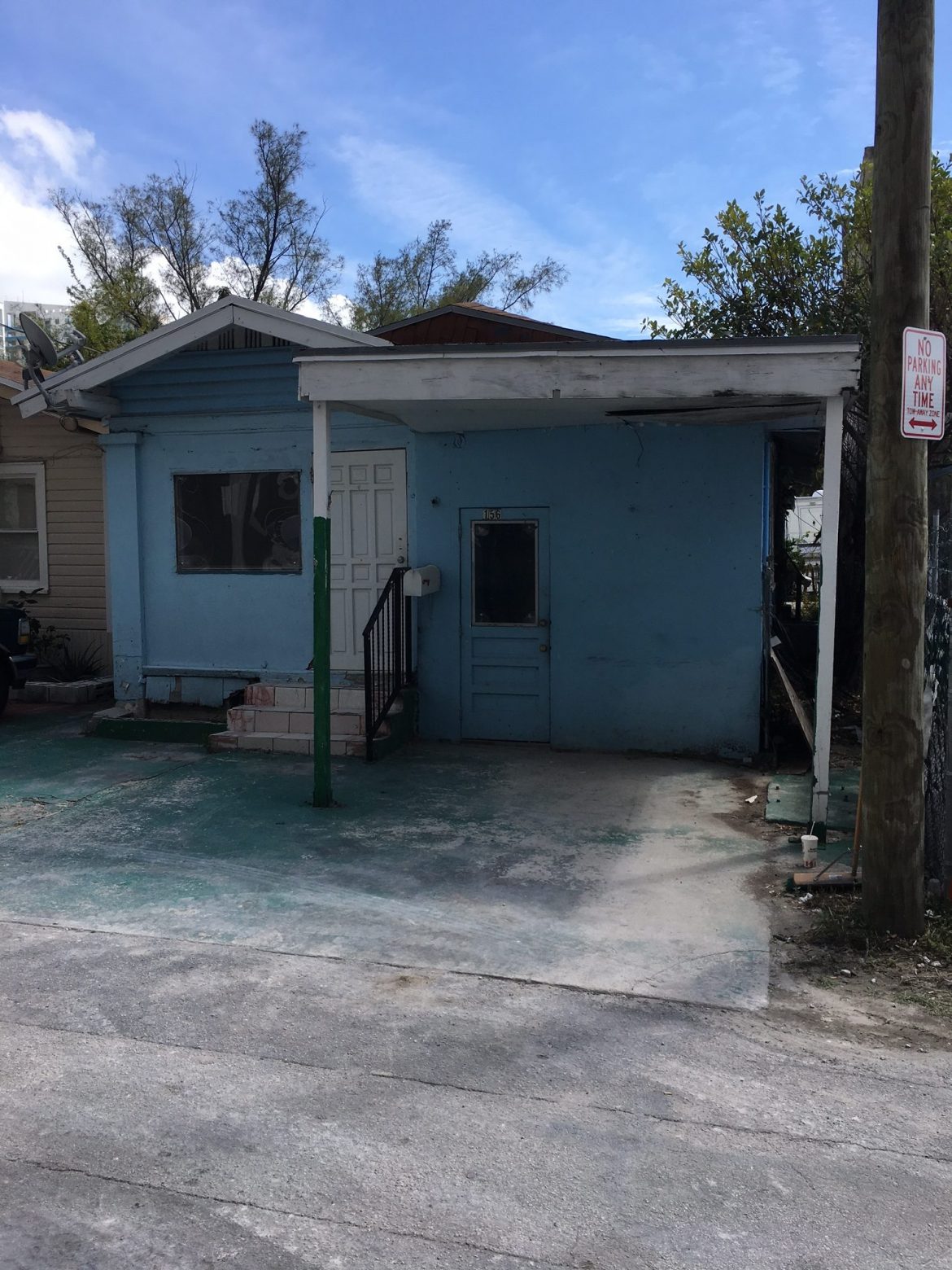
Special Area Plans have enabled developers to build massive projects in the city of Miami like Brickell City Centre, River Landing Shops and Residences, Mana Wynwood, the Miami Produce Center (pictured above), and Magic City Innovation District.
SAPs have also antagonized neighborhood activists who fear that such massive developments destroy the character of low-rise neighborhoods and speed up the displacement of individuals and families who can’t afford the skyrocketing rents or property taxes.
Now, the Miami Planning, Zoning and Appeals Board is recommending that no other SAPs be approved.
By a vote of 6 to 3 on Wednesday, the board approved a resolution to repeal the Special Area Plan provision that enables property owners who assemble more than 9 acres of land to seek extensive zoning changes.
Such a repeal still needs to be approved, twice, by the Miami City Commission, which is embarking on its own review of the entire Miami 21 zoning code, including SAPs.
Planning board member Adam Gersten cast one of the dissenting votes, saying he feared that commissioners may simply ignore a recommendation to repeal, and advocated for a moratorium on SAPs instead. As part of that moratorium, the board could recommend reforms, including that the SAP causes no net loss of affordable housing in the surrounding area, Gersten suggested.
Chris Collins, another dissenting voter, agreed. “I think it would be more proactive and go a longer way if we specify what we want to change and how to change it,” Collins said.
But board member Alex Dominguez said that while the city tries to “workshop this thing to death,” more people are being displaced by legislation that encourages land speculation.
“If you do a moratorium… it’s like putting lipstick on a pig, and at the end of the day, it’s still a pig,” Dominguez said.
He also argued that many real estate developers “don’t even want to touch SAPs” because of the community opposition they tend to attract.
“It’s not a big deal to repeal SAPs from Miami 21,” Dominguez said, adding that “keeping it alive and tweaking it is affecting a hell of a lot more people negatively rather than positively.”
Neisen Kasdin, a land use attorney affiliated with Akerman, rose in defense of SAPS, arguing that the legislation has enabled “good” projects like the expansion of Ransom Everglades private school in Coconut Grove and the ongoing construction of an EmpathiCare Village for Alzheimer’s patients at Miami Jewish Health Systems in Buena Vista. SAP developers must also offer “community benefit agreements” in exchange for approval, Kasdin added.
“If you pass this legislation, you are not just throwing the baby out with the bath water, you are throwing out the baby,” Kasdin said.
But Marleine Bastien, executive director of Family Action Network Movement (FANM), said one of Kasdin’s clients, Magic City Innovation District, is an example of a “bad SAP” that has already indirectly led to the displacement of several residents and small businesses. That project, which was approved by the city commission last June, is being challenged in court by Warren Perry, a Little Haiti resident affiliated with FANM. One of the project’s initial investors, Robert Zangrillo, is also fighting charges from the U.S. Attorney’s Office related to the college admission fraud scandal, as well as charges from the Federal Trade Commission that he co-owned fraudulent websites.
Leonie Hermantin, a board member of Concerned Leaders of Little Haiti, said that although her organization supported the Magic City Innovation District, the group is also in favor of repealing the SAP provision.
“We know that the impact of multiple SAPs in our community will be detrimental,” Hermantin told the board. “I agree with Mr. Kasdin. There are good SAPs and there are bad SAPs. The problem is, unfortunately, that bad SAPs have been allowed to go through.”
The board has kept one controversial SAP in limbo: Eastside Ridge, a proposed 5.4 million-square-foot project that will be built less than a mile from the 8.2-million-square foot Magic City Innovation District and across the street from Miami Jewish Health. The planning board has continued the project five times, with members demanding improvements. In response, SPV Realty, Eastside Ridge’s developers, filed a lawsuit demanding that the board make a decision on the project — either recommending for or against it — so that it can be heard by the Miami City Commission.
Board member Anthony Parrish said Eastside Ridge helped make up his mind on whether or not to support repealing SAPs.
“One attorney of a major project said, ‘Just deny us. We just want to get to the commission,’” Parrish said. “That is what provided, at least for this member of the board, a need to repeal this.”
Source: The Real Deal
